The Osprey: Fraser Basin Summer Steelhead Collapse
As much of the world’s population hunkered down over the last couple of months to help slow the spread of the Coronavirus and Covid-19, the disease that it causes, scientists and other observers of nature began to notice some changes. As human activity — everything from travel, use of motorized vehicles, industrial and other commercial endeavors slowed — the planet was slowly becoming noticeably cleaner and quieter.
In national parks, wildlife were observed expanding into areas that were formerly crowded with people, and in both Europe and the US, there were reports of various wildlife species coming out of the forests and mountains to wander through towns and cities as the human populations remained mostly indoors.
With fewer cars and trucks on the road, pollution levels in the world’s major metropolitan areas began to drop significantly. In fact, the skies over the Indian city of Jalandhar cleared enough that its residents were able to see the Himalayan Mountains in the distance for the first time in 30 years
ALSO IN THIS ISSUE
• KLAMATH DAMS UPDATE
• RECOVERING SALMON TO SAVE ORCAS
• COLUMBIA-SNAKE RIVER SALMON AND STEELHEAD COLD WATER REFUGIA
• WILD REDFISH LAKE SOCKEYE
Some optimistic souls speculate that the Human Race may take some lessons to heart from our pandemic experience, and find the motivation to live less heavily on Planet Earth, and treat her and her wide range of inhabitants — including wild fish — with more respect and value.
Perhaps something good will come out of all of this. People are riding bicycles more, and some cities are closing streets to vehicles to allow for outdoor dining. Conservation officials in Thailand are planning to close their parks periodically to help wildlife.
It remains to be seen whether or not people are willing to make some changes in how they live and use natural resources. It’s just as likely that everyone will go back to doing things they way they always did.
For wild salmon and steelhead advocates, a new, more positive and responsible world paradigm, would undoubtably help, but it’s unlikely to put us out of business.


